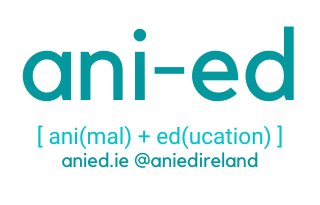AniEd
COVID19 Procedures for In-Person Sessions
- Before confirming a session, we will enquire about relevant risk factors before attending the home. We are fully vaccinated and require those who attend in-person sessions to be vaccinated in compliance with public health guidance.
- Payments will be made electronically.
- We will immediately inform clients should our COVID19 status change and we will keep a log of interactions for contact tracing.
- We will ask that suitable arrangements are made, prior to us attending the session, and will provide appropriate instruction to clients, to maintain safety.
- All sessions will be built into programs of blended learning so that as much learning as possible can take place remotely.
- We will not handle the dog or its equipment any more than is absolutely necessary.
- Before entering the home or session, we will wash our hands properly and apply appropriate hand sanitiser. We will apply hand sanitiser upon leaving the home.
- We will bring a device for taking notes and wipe it down with appropriate disposable wipes before and after each session.
- We will not shake hands and will allow others to open doors and handle surfaces where possible.
- We will maintain physical distancing as much as possible and will wear an appropriate mask when working indoors. We ask that windows/doors/ventilation be open during our session, where possible and safe.
- Where possible we will work outdoors.
- Only maximum two household members will attend each session. Resources will be provided so that all family members can continue to work with their dog between sessions.
- We will not be able to work with those over 70 or those who are medically vulnerable.
- We will not schedule back to back sessions so will not be moving from one household to another directly.
- We will bring our own hand sanitisers, wipes and drinks etc. to sessions so there is no need for sharing.
- We will wash and disinfect all equipment between sessions.
- As a private business, we have a right to refuse service should we feel the situation presents increased risk.
